We've been doing a lot of space themed activities recently focussing on the many famous scientists who changed people's perception of the Universe. In the 1600s many people thought that the Earth was at the centre of the Universe, until Copernicus used mathematical models to prove that the Earth actually orbits the Sun.
We've used a paper plate, magnet wand and paper clip to show this.
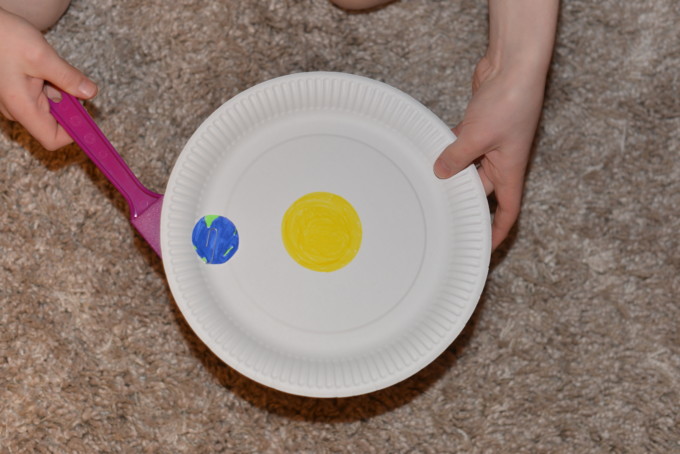
Materials
Magnet Wand or Magnet
Paper plate
Cardboard
Colouring pens
Paperclip
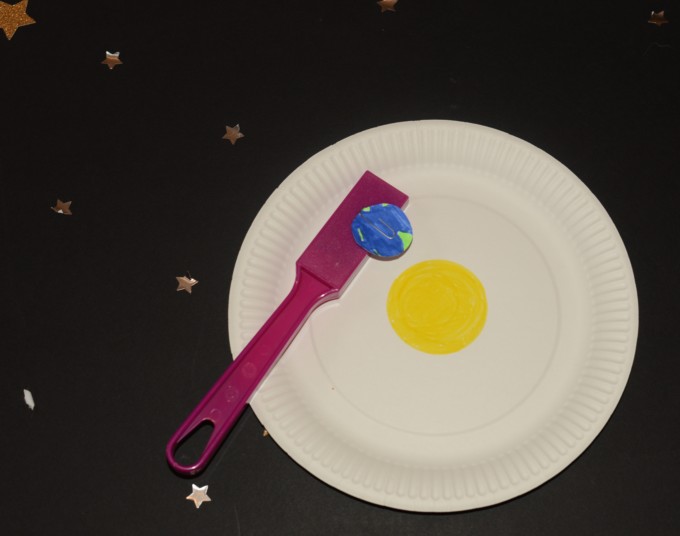
Instructions
First draw the Sun in the centre of your paper plate.
Next draw a picture of the Earth on your cardboard and cut it out.
Carefully attach a paperclip to the Earth.
Place the Earth and paperclip on the front of the paper plate the magnet behind. You should be able to move the Earth around the Sun using your magnet.
Can you add other planets into your model?
Remember – not all metals are attracted to magnets, but iron and steel ( steel is mostly iron ) are.
Magnets attract some objects but not others and can be different strengths. The paperclip in this activity is made from steel which is why it is attracted to the magnet.
Magnets have two poles, we call one the north pole and one the south. Depending on which poles you place together they can either attract each other or repel. Opposite poles attract.
Extension Ideas
Do you think a plastic covered paperclip would work as well?
Can you make a model of the Solar System using a paper plate?
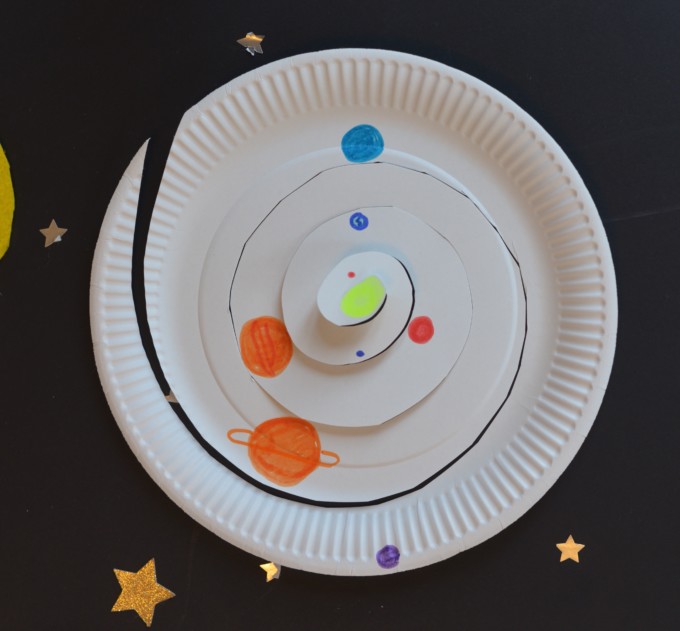
Think about where to position the planets and how big they are relative to each other. Obviously our Sun should be much, much bigger!!
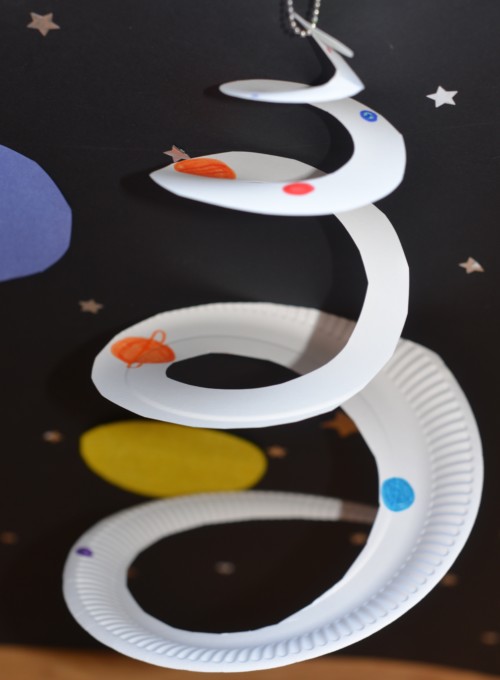
Buy the kit
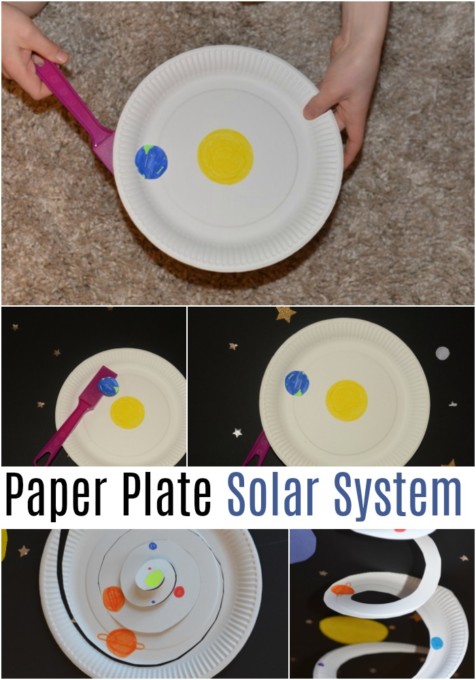
Last Updated on January 30, 2018 by Emma Vanstone
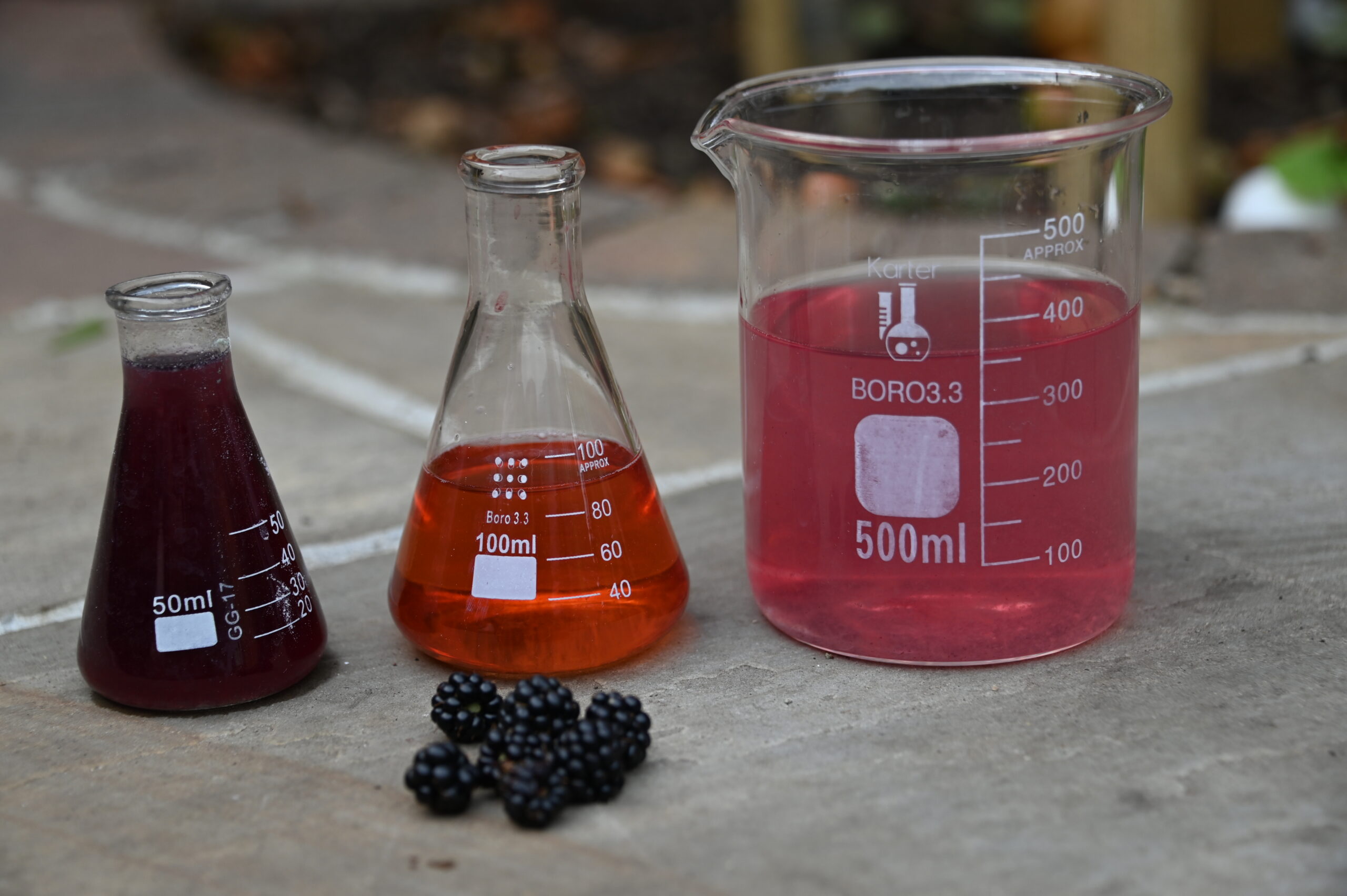
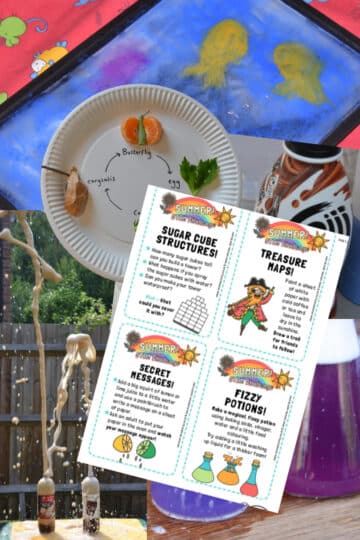
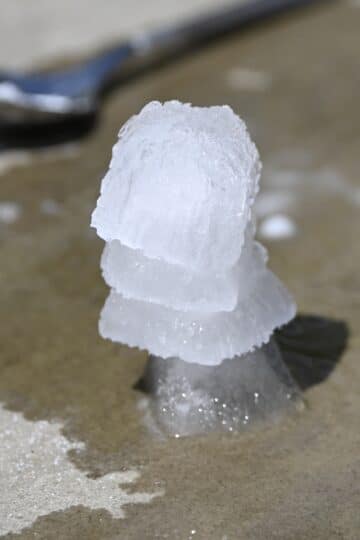
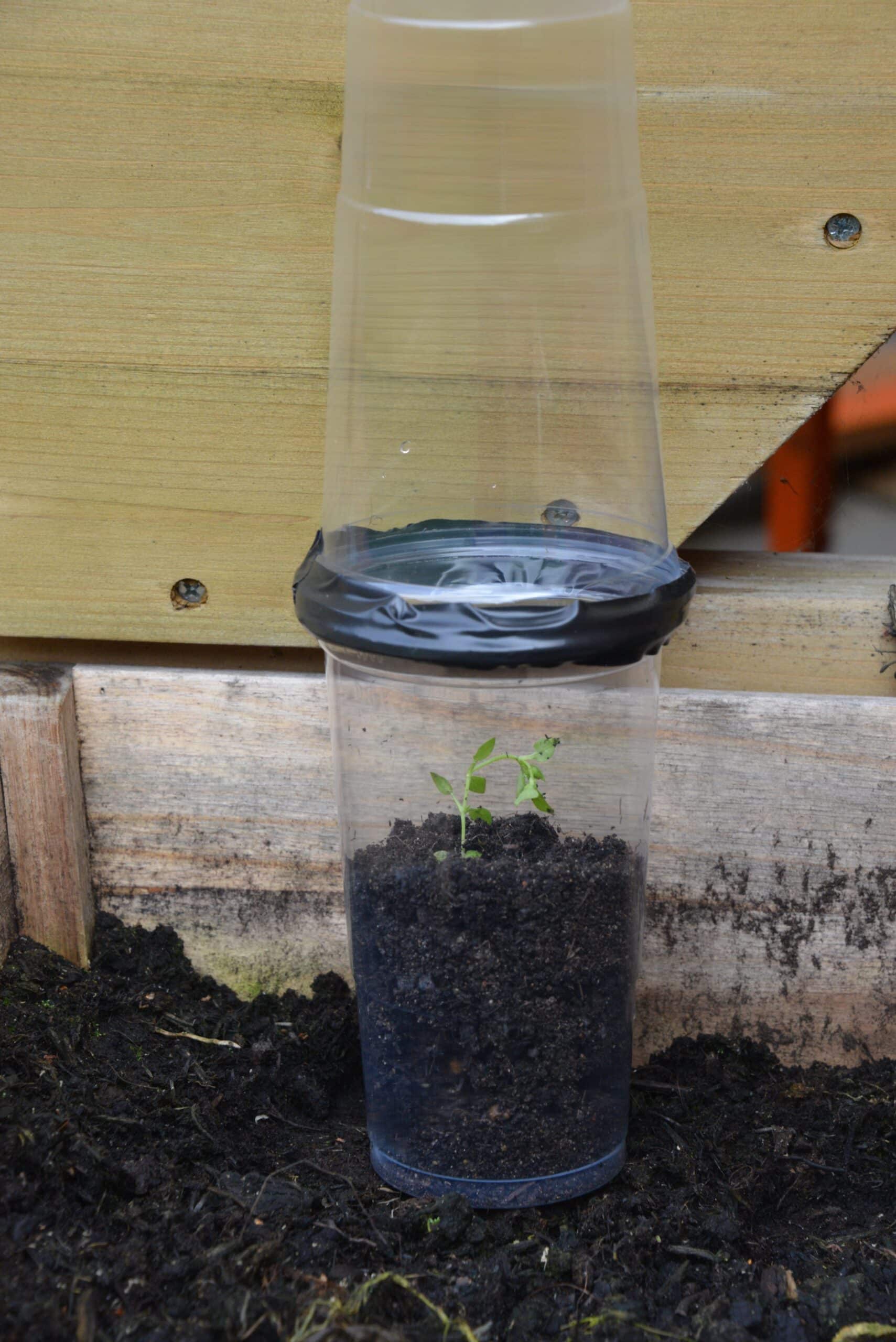
Leave a Reply